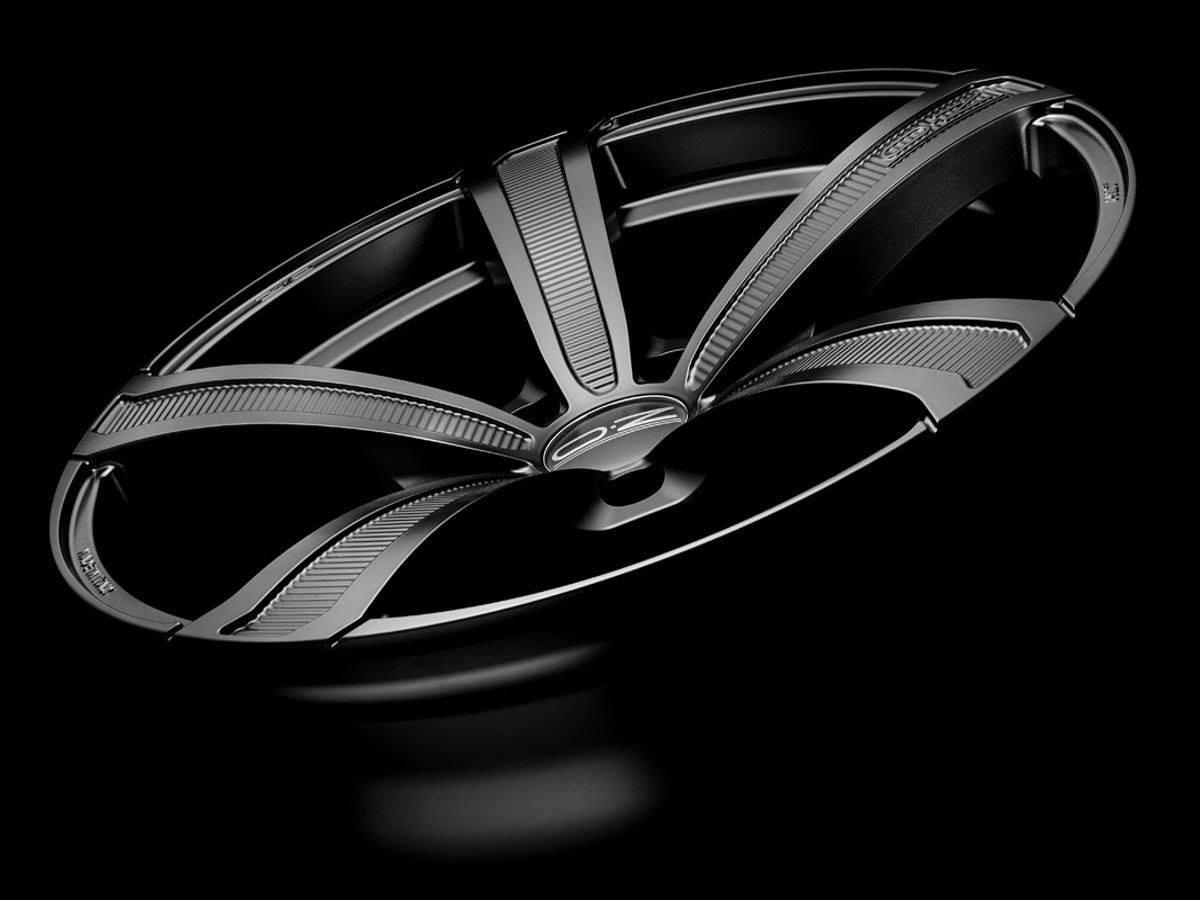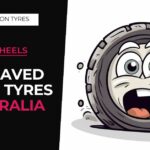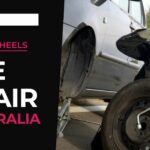Lowering your car, especially on coilovers, has many practical benefits – better cornering, better handling, less drag (therefore better fuel economy), and less chance of colliding with low flying birds.
Queensland police refer to these benefits as “excuses”, stating the real reason people lower their car is to make it look good.
What’s wrong with that?
Unfortunately for us cool people, we need to accept lowering our car will attract police attention, “random spot checks”, possible fines, or a possible dreaded trip over the pits.
In this article we’ll look at how low you can lower your car legally in Australia, which in general terms is 100mm from the ground.
Lowering your car – the 100mm Australian Design Rules rule
The 100mm clearance rule when lowering your Australian car is put in place by the Australian Design Rules (ADRs), most notably ADR 43.
But it’s not as simple as 100mm at a point you choose under your car, it is “any point in the width of the vehicle which is within one metre fore and aft of any axle“.
We will discuss good ways to check your lower car is compliant with the 100mm rule shortly, but wait, as unfortunately it gets a little more complicated.
The 50mm change in height rule
ADRs aside, you may also fall foul of the National Code of Practice for Light Vehicle Construction and Modifications (NCOP) regulations put in place by the Government department of Infrastructure.
These regs state the “total change in vehicle height resulting from all modifications performed, does not exceed 50mm”.
It’s unlikely you’ll break this legality with your Nissan Skyline, but if you’re lowering your 4×4 to look cool rather than practical then this rule is easily broken.
If you’re concerned about this rule, it is advisable to read the NCOP regulations themselves, specifically VSB 14, Section LS – Suspension and Steering.
What you should consider when lowering the ride height of your car
We mentioned earlier about police attention, and legal or not, lowering your car is like shining a spotlight in the vicinity of a herd of police moths*.
* Note: The correct term for a group of moths is an eclipse. We just felt a herd of police moths sounded funnier.
You may have done your due diligence to ensure your car is lowered legally, but often in Australia a police officer will give your car a good going over until they find fault. Once they’ve pulled you over, they want to make sure they’ve done their job – and that may mean they aren’t satisfied until they’ve found a problem.
In my experience, a random check such as this will involve being breathalised as well, and a potential drug test. I don’t drink and drive, and I’m too old to take drugs (except ibuprofen for headaches and lower back pain), but it’s frustrating nonetheless. Especially when you’re trying to get home to catch an explosive MAFS dinner party.
Once upon a time I was pulled over because the police officer “heard me speeding”. I kid you not – apparently this clever chump could hear motion. In truth I was bang on the limit, on a roundabout I knew very well, I just had an aftermarket exhaust (which was also compliant).
But get this – after 30 minutes of the police officer going over my car, plus comments about it being a “boy racer car” when it was a classic Honda CRX like the one Ayton Senna once owned, he followed me home to my cul-de-sac and complained about my girlfriend’s number plate being dirty.
Quite often a police officer will pull you over for a lowered car, but give you an infringement for something else. Be warned.
How to ensure your lowered car is compliant
Police officers use a tool called a measuring wheel to measure the ride height of your car.
You very likely won’t have a measuring wheel handy, so instead cut a block of wood to 100mm and use that to run under your car while on a flat service. This will give you a very good idea of whether your lowered car is legal.
References
- Queensland Government MyPolice – How low can you go?








